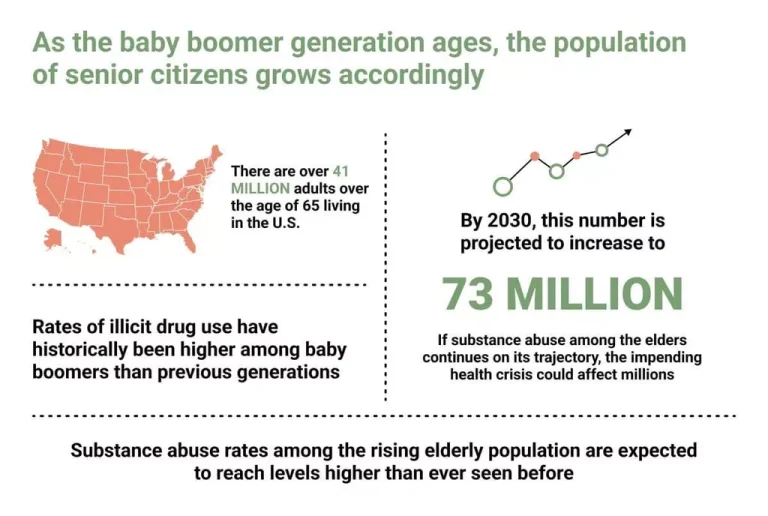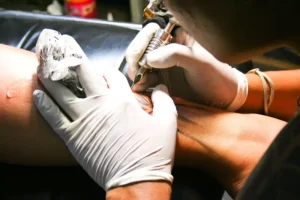
Often, the term amends in recovery comes from following a 12-step program. Specifically, steps 8 and 9 deal directly with the amends process of acknowledging those you have hurt, harmed, or wronged as a result of your substance use disorder. When you offer an amends, it means not only do you apologize to the individual you hurt, but you also demonstrate to them, either directly or indirectly, that you have also changed your behaviors. Amends translates to aligning your words with your actions while learning in recovery how to live by a new set of principles to maintain a sober lifestyle.
- He’s a teenager, so I try to let him function at that age level.
- Through guidance, education and therapy, FHE Health can help a person begin to rebuild their relationships with self and others.
- In this way, you can take the focus off of yourself and choose to live a life of greater meaning.
- If you want to show your loved ones and yourself that you are on a better path and making positive changes, you must continue showing up and remain focused on your recovery.
- If it has been hard for you to make amends, please know we are here for you.
Relationship Journal Prompt Download

We are not attorneys and are not providing you with legal advice. Many users would be better served consulting an attorney than using a do-it-yourself online form. The fees for the advice of an attorney should not be compared to the fees of do-it-yourself online forms.
- But if you are dealing with guilt and grief, you probably aren’t surprised that there is more to say.
- This shows a willingness to make right that which was wrong.
- We wrote an article about the difference between guilt and regret.
Next PostWhy Do I Blackout When I Drink Alcohol?
In simple terms, it means taking responsibility for the person you used to be and how you caused harm to the people in your life who care about you. It may be difficult to accept that you’re not always going to be able to make amends to people who you’ve wronged in some way. Some might be too tested by prior behaviors and actions that they simply need space. Or the people you need to apologize and make amends to are no longer living. Whenever possible, a direct amend is made face-to-face rather than over the phone or by asking someone else to apologize on your behalf.
Renewal Center for Ongoing Recovery
For instance, step 8 requires you to make a list of everyone you hurt that you sincerely want to make amends with. Then, in step 9, you attempt to make direct amends with as many people on your list as possible. Since it is impossible to travel back in time to undo the wrongs you caused your family and friends, the best thing you can do is to take ownership of those wrongs through amends. It is important to understand the difference between amends and apologizing to those you hurt.
Take the Next Steps:

A few months living amends meaning back, she was traveling for an extended period of time. Well, the time came to continue my living amends to her and redo her entire master suite, including her bathroom. She came home to what she described as “a completely different house”. My living amends to my mother is to be fully present in my life so I can be fully present in hers. It’s hard to find the right response to someone making amends.
- For example, your behavior may have caused severe damage that is not repairable.
- As with alcohol and other drugs, we are also powerless over other people.
- An apology consists of words but it doesn’t always include a change in behavior.
- It’s also about showing them and yourself through your actions that you are dedicated to your sobriety.
- Unfortunately, this scenario plays out much too often in the lives of people who didn’t get a chance to correct their mistakes and past behaviors in time.
- Living amends, in this event, can include making changes to the behaviors contributing to the falling out between the survivor and the person they owed an apology to.
When and Why Do People Make Living Amends?
Sometimes other people need more Substance abuse time to accept an apology. When appropriate, remind others that you are here if they change their mind or wish to talk. Your efforts to make amends may not always go as well as you hope. Try not to respond with anger or defensiveness if others aren’t responsive to your efforts. They have been hurt by your actions, and they may not be willing to forgive and forget. They may have been hurt in ways that you were not able to identify when preparing to make amends.

Prior to founding Buckhead Behavioral Health, Carter worked in insurance brokerage in New York City and as a real estate private equity acquisitions specialist in Atlanta. He completed his undergraduate degree at Washington & Lee University and has an MBA from the UNC Keenan-Flagler Business School. He enjoys golf and living a healthy lifestyle through his continued journey of recovery. The amends process either directly or indirectly, it reinforces positive behaviors, your willingness to take ownership of your actions, and any resulting consequences. Recovery support groups and individual therapy can help you if you are struggling to make amends or accept the responses of others. A sponsor or therapist can help you talk through your choices, determine the best course of action for making amends, and consider how your actions may affect others as you seek to make amends.
